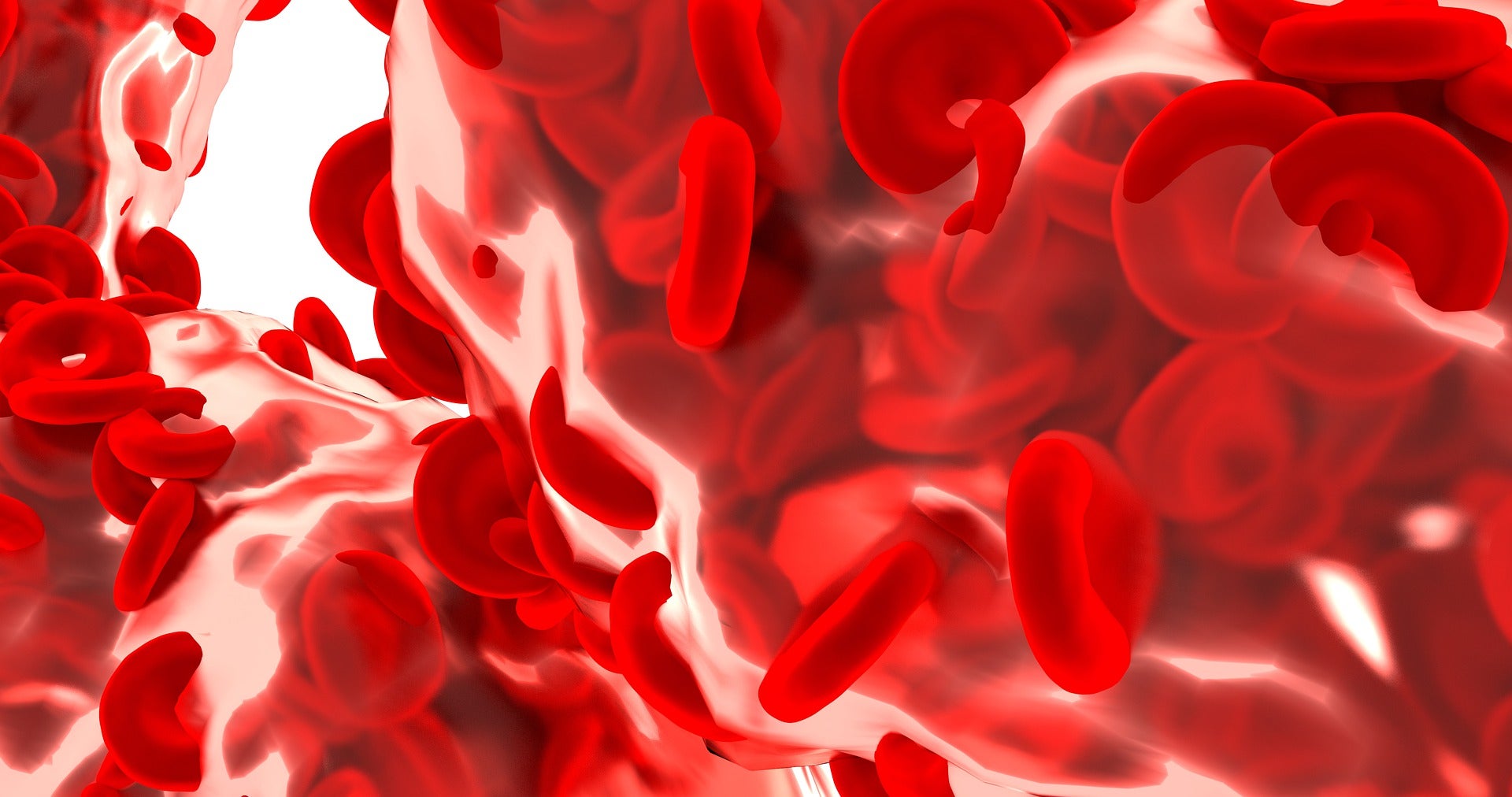
Sanofi has reported that its sutimlimab met the primary composite goal in Part A of the Phase III CADENZA trial in patients with cold agglutinin disease (CAD) without a recent blood transfusion history.
An investigational, humanised monoclonal antibody, sutimlimab targets and hinders C1s in the classical complement pathway. It is being developed to stop C1-activated haemolysis in CAD patients.

Discover B2B Marketing That Performs
Combine business intelligence and editorial excellence to reach engaged professionals across 36 leading media platforms.
The randomised, double-blind, placebo-controlled Phase III CADENZA trial analysed the efficacy and safety of sutimlimab in 42 CAD patients who have not had a blood transfusion in the last six months.
Subjects received either a fixed weight-based intravenous 6.5g or 7.5g dose of sutimlimab or placebo on day zero, day seven, and then once every alternative week for up to week 26.
According to the results, sutimlimab provided quick and long-lasting inhibition of C1-activated haemolysis in CAD patients within a week of the treatment.
Clinically significant improvements in haemoglobin and fatigue were observed in the treatment arm versus placebo during the trial.

US Tariffs are shifting - will you react or anticipate?
Don’t let policy changes catch you off guard. Stay proactive with real-time data and expert analysis.
By GlobalDataFurthermore, 73% of subjects in the sutimlimab arm met the primary composite goal versus 15% in the placebo arm.
The primary composite goal was an increase in haemoglobin ≥1.5g/dL from baseline at weeks 23, 25, and 26. No transfusions or other coronary artery disease (CAD)-related treatments beyond what was permitted from weeks five to 26.
Patients in the treatment arm had a superior mean decrease in bilirubin and lactate dehydrogenase (LDH), which are markers of haemolysis, versus placebo.
The open-label Part B of the trial is underway to assess the long-term safety and durability of response to the drug in all trial subjects.
Sanofi Rare and Rare Blood Disorders development head Karin Knobe said: “The results from CADENZA and data from the Phase III CARDINAL study, presented as a late-breaker at the American Society of Hematology congress in 2019, will be the basis of our filing with the European Medicines Agency.
“Based on the robust clinical evidence we have to-date, sutimlimab significantly inhibits haemolysis and has the potential to be an important new treatment for CAD.”
The company intends to resubmit its biologics license application for sutimlimab to the US Food and Drug Administration in the second half of this year.
Last week, Sanofi partnered with academic cooperative groups for a Phase III clinical trial of amcenestrant as an adjuvant to treat patients with estrogen receptor-positive (ER+) breast cancer.





